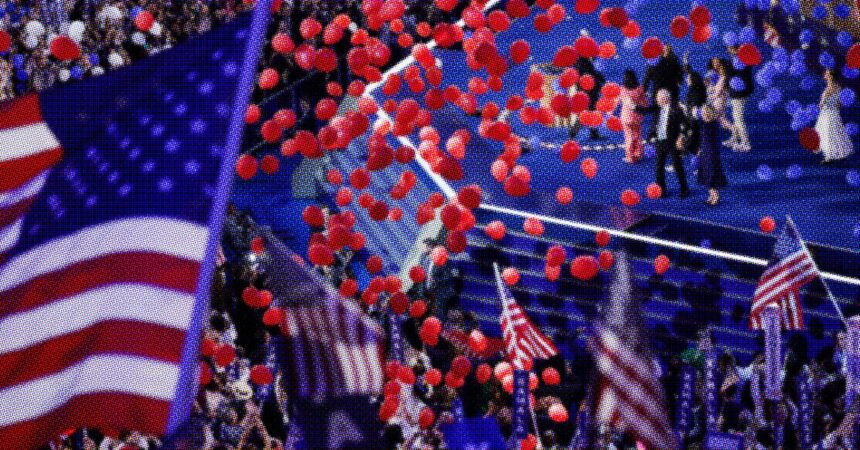Title: Analyzing the Deployment of Cell-Site Simulators at the 2024 DNC: Implications for Privacy and Protest Rights
The recent Democratic National Convention (DNC) held in Chicago has ignited a contentious debate over privacy, surveillance, and civil liberties, particularly in light of reports indicating the possible use of cell-site simulators. This technology, often employed by law enforcement agencies, mimics legitimate cell towers to intercept mobile communications. As our society becomes increasingly dependent on mobile technology, the ethical concerns surrounding its use warrant closer examination.
Understanding Cell-Site Simulators
Cell-site simulators, commonly referred to as "Stingrays," are devices that can intercept phone signals by masquerading as a legitimate cell tower. By communicating with nearby mobile devices, these simulators can collect a plethora of sensitive data, including call metadata, location information, and even app traffic. The implications of such broad data collection are particularly alarming for privacy advocates and civil rights organizations, who argue that the indiscriminate nature of this monitoring poses a serious threat to free speech and protest rights.
The 2024 DNC Context
The DNC in August 2024 took place against a backdrop of heightened activism stemming from protests over Israel’s actions in Gaza. While mainstream media highlighted the glitz of yacht parties and VIP access, thousands of demonstrators confronted a formidable police presence, which included federal agencies like the US Capitol Police and Homeland Security. This intense atmosphere of protest drew attention not just from the public but also from surveillance technologies that could potentially be used to monitor, control, or intimidate activists.
WIRED’s Investigation
Prompted by concerns of overreach, WIRED embarked on an innovative wireless survey to ascertain whether any cell-site simulators were deployed during the convention. Employing detection software and equipped with modified Android devices, WIRED reporters gathered extensive signal data throughout Chicago.
Upon initial analysis, no significant evidence of simulator activities surfaced during the convention. However, a reexamination months later by technologists from the Electronic Frontier Foundation (EFF) employed advanced detection methods that revealed crucial indicators of suspicious activity. Notably, on August 18, a day before the DNC officially commenced, a report indicated that a device carried by WIRED reporters abruptly transitioned to a new tower which requested its IMSI (International Mobile Subscriber Identity) number—a procedure consistent with cell-site simulator operations.
The Implications of Surveillance
As EFF senior technologist Cooper Quintin noted, such behavior is atypical for standard cell towers and typically observed only in controlled scenarios. While the evidence does not provide absolute certainty regarding the deployment of a cell-site simulator, it raises significant red flags about who may have authorized its use, whether it was federal agencies, local law enforcement, or other entities.
Illinois law mandates law enforcement agencies to obtain a warrant before deploying such surveillance equipment, and similar federal requirements are in place unless there is an immediate threat to national security. Nonetheless, a 2023 report from the DHS Inspector General revealed that both the Secret Service and Homeland Security Investigations frequently bypassed these legal protections.
The Broader Debate
The deployment of cell-site simulators highlights a broader discussion around the balance between national security and individual rights. The lack of transparency and the potential for abuse of surveillance technologies pose alarming risks to civil liberties. As societal reliance on digital communications grows, the need for stringent regulatory frameworks becomes increasingly important to protect the rights of citizens, particularly those engaged in political protest.
Conclusion
The potential use of cell-site simulators during the 2024 DNC raises important questions not only about the ethics of surveillance but also about the implications for democracy and free speech. As technologists, lawmakers, and activists continue to grapple with these issues, it is crucial to ensure that the protections guaranteed by law remain intact, allowing citizens to assemble and express dissent without the fear of covert monitoring or intimidation. The implications of this technology extend beyond the DNC; they resonate throughout society, as they shape our understanding of privacy in the modern age. As we move forward, vigilance and advocacy will be essential to safeguard our rights in an increasingly surveilled world.










